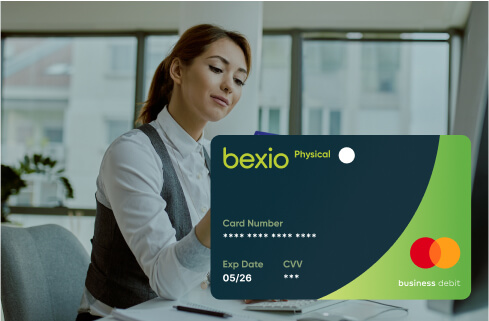Banking
Financial Ops
Expense Management
Automated, hassle-free accounting
Spend Control
Organize cards by regions or teams
Instant Alerts
Updates on accounts & transactions
FX Rate Alert
Daily & custom exchange rate alerts
Peer-to-Peer
Free supplier & intergroup payments
Multipay
Payment groups for recurring payments
Balance Cashback
Interest on safeguarded accounts
Cash Management
Finances on autopilot



